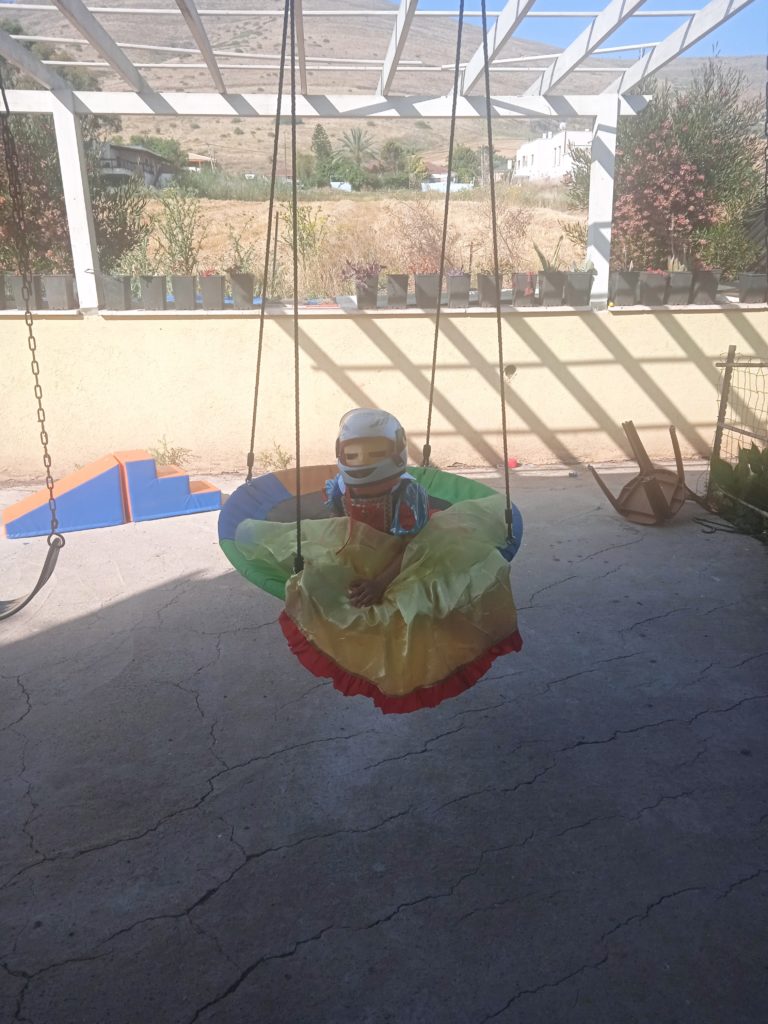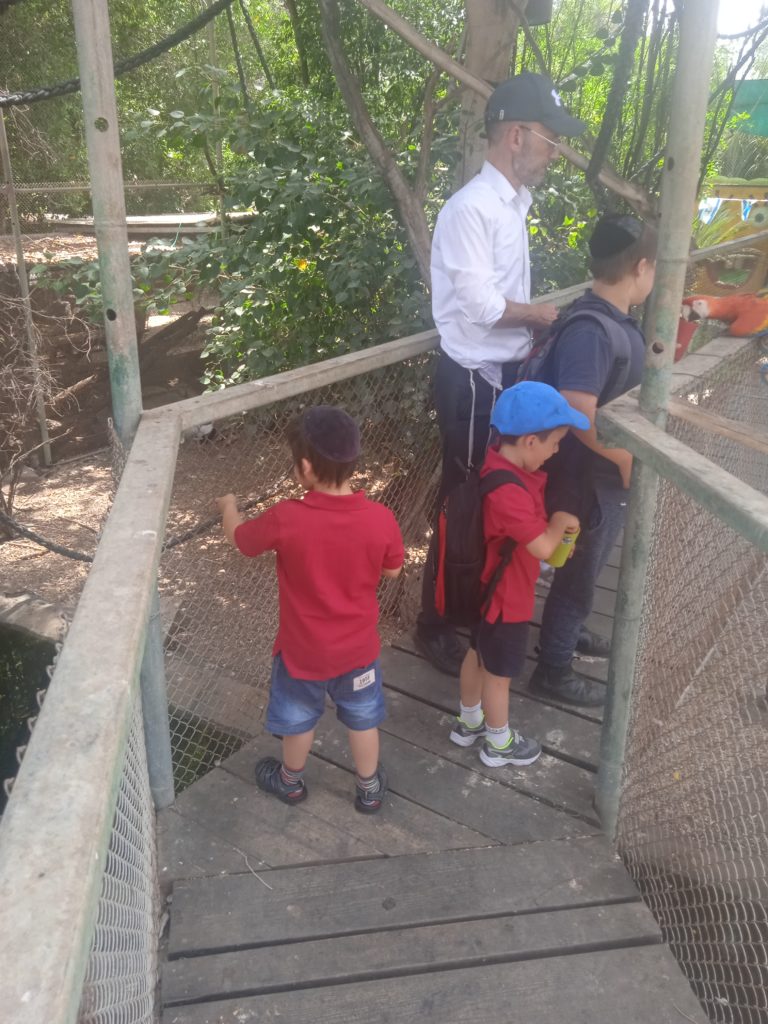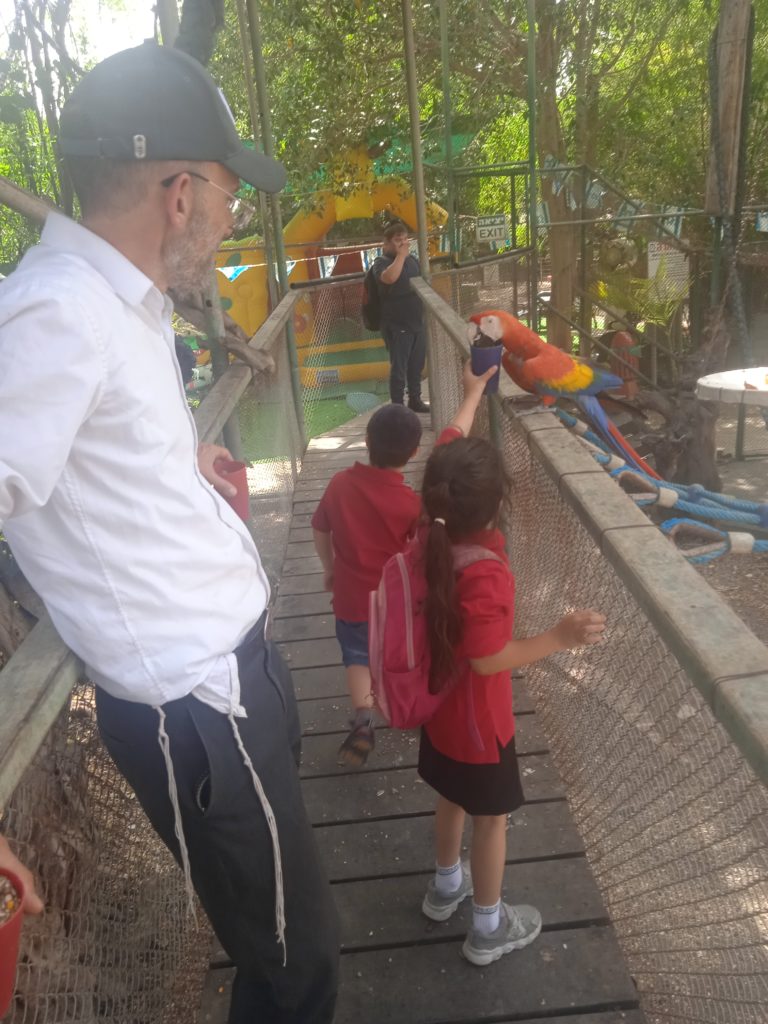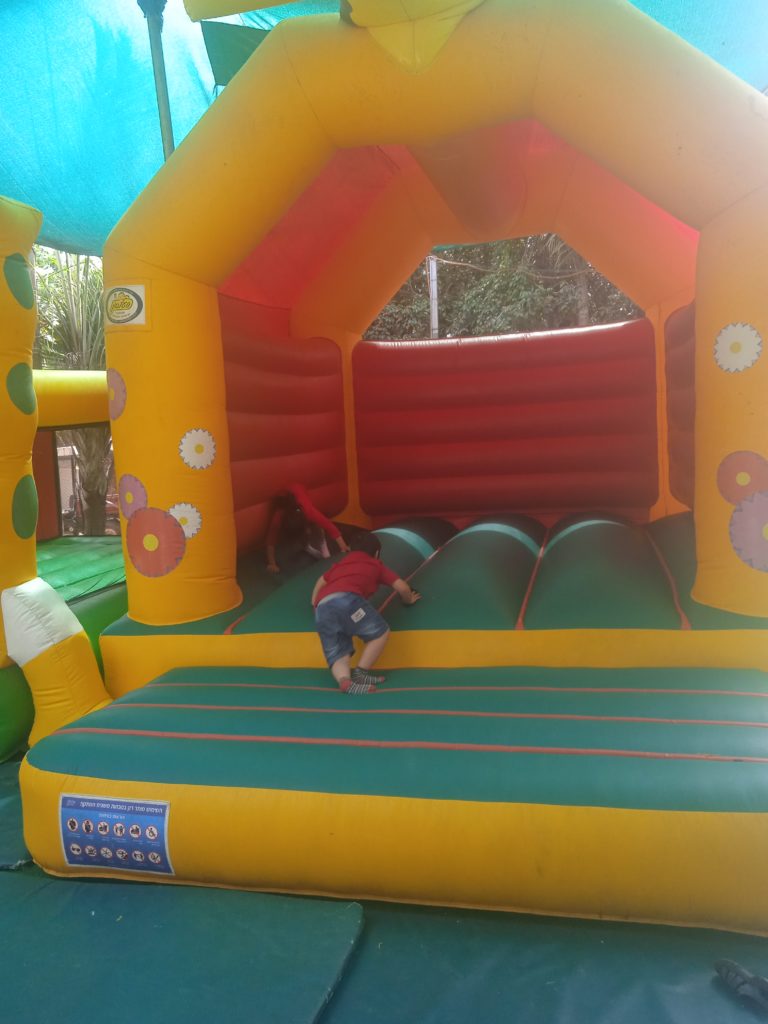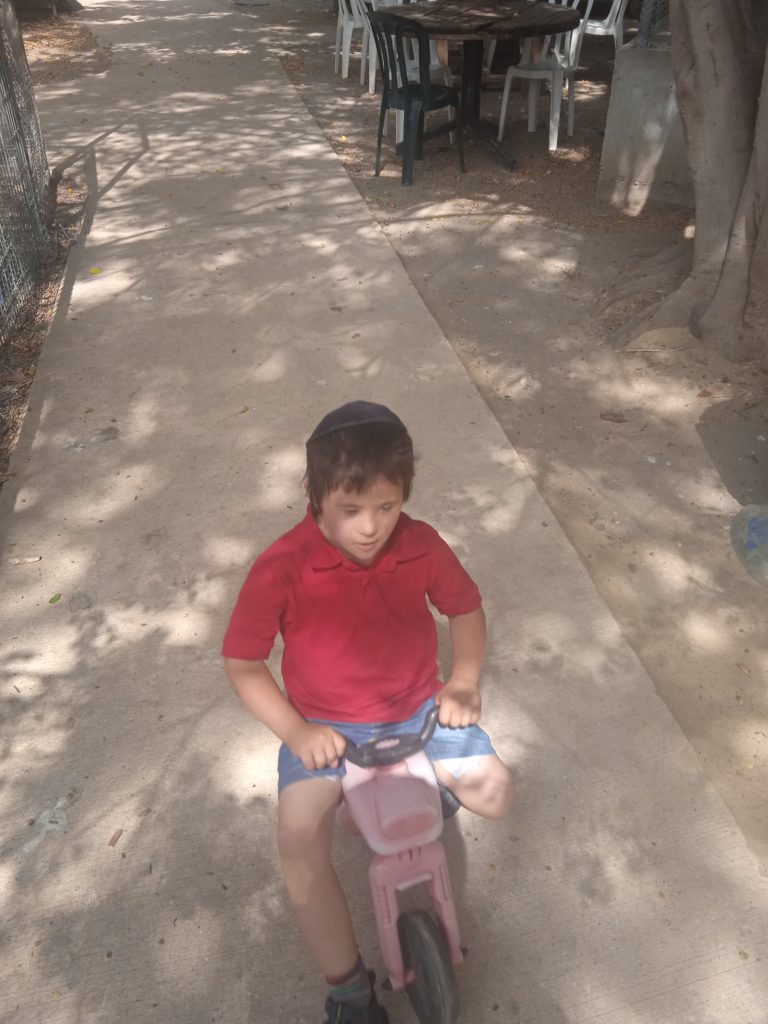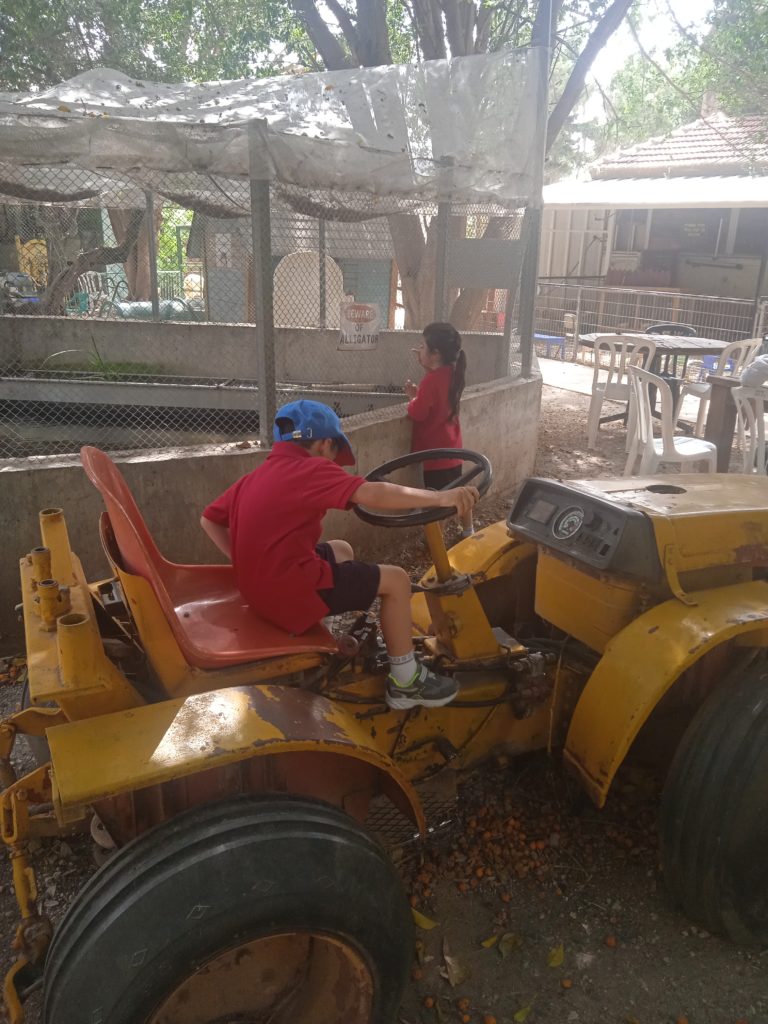My oldest son and his wife had their third child (a girl) yesterday, the same week they celebrate their sixth wedding anniversary and the fifth birthday of our oldest granddaughter!
————————————-
We are so grateful that transportation arrangements for the twins to attend kindergarten for the rest of the school year have finally been made this week!!! I was really worried that this wouldn’t happen before my husband needed to go back to work (he has two more days at home before he goes back), and that I’d be alone all day with them. They spent a bit over five weeks at home with us, and in that time it felt like every interaction with them was therapeutic work.
Last night I spoke with a friend with whom I had fallen out of regular touch, who I learned had begun fostering several years ago. She told me in the three years she’s been fostering, this is the first time she’s talked with anyone about what it’s actually like. It’s so hard to explain how complex and difficult it can be; either it seems like you’re complaining or exaggerating, or they wonder why in the world you would have taken something like this on.
When writing, I grapple with the balance between honesty and negativity. I constantly try to find a positive interpretation and understanding of people and their behavior, and that’s what I share here. When I share my process as I deal with challenges, I’m sometimes concerned that readers will think things are easier or simpler than they are, that there are pat answers to complex issues.
I feel this very much currently as I write about foster care. It can be a very difficult and challenging experience; we’ve taken in two children with complex issues and a lot of trauma, and that isn’t easily nor quickly addressed with warmth, smiles and good intentions. The first five weeks when they were home around the clock were really tough, and we all felt maxed out within ten days. “Overwhelming” was the word that everyone expressed, each one in private conversation.
It is draining to give and give and give; as my friend last night said, it’s like a vortex that sucks the energy out of everyone around them and still wants more. I highly doubt we will ever be able to give enough to fill that gaping hole completely, but my hope is to lessen that desperate drive for connection by giving them a consistent base of security and love.
We’re parenting children who are much, much younger than they look (it’s common for foster children to emotionally be 40 – 50% of their biological ages); a lack of nurturing leads to a lag in brain development.
I am intentional about just about everything I say and do with the twins, and am constantly working on the balance of different issues that are constantly in flux. For example, the balance between very clear boundaries, and giving them room for expression and independence. I have to be much more clear and consistent about boundaries with them than with my biological children, because they don’t yet show the ability to understand nuances or ambiguity.
Before they came I was concerned about not connecting emotionally with the twins, but fortunately that hasn’t been an issue. Along with the challenges, I look for their sweetness and good intentions, and I try to keep that in front of me all the time. That doesn’t mean the sweetness is just sitting there looking obvious. Sometimes it can be hard.
At the beginning of this week I met with their temporary foster mother, who I am increasingly impressed with the more I speak with her. It was nice to sit with someone who understands exactly what we’re dealing with. She told me it was very hard for them and their adult children to emotionally connect with the twins because their behaviors caused people to distance themselves.
——————————–
I needed to say all of the above before I share some good things we’re seeing, because I don’t want to seem like it’s all unicorns and rainbows, or that there’s some magic happening. Actually, maybe it is somewhat magical to see how feeling safe and accepted positively affects children.
We all have strategies we choose as young children to get our needs met, and we tend to hold on to those strategies into adulthood, unless we do deep inner work to recognize we might want to consciously choose different strategies. For one it might be to be helpful, another will choose the role of a comic, someone else might focus on being physically attractive, and another to be dependent.
It was clear to me that being little was the security for ds5. He had an affected walk of a toddler, he communicated in large part with grunts, pointing and single words, he spoke in a squeaky baby voice and his overall emotional age was about an eighteen month old. He referred to himself as small and little, and acted like a very young child.
I recognized his identity as ‘little’ gave him emotional security, but the survival strategy he adopted that at some time gave him the positive attention he sought was now backfiring and causing people to distance themselves and become irritated with him. To develop emotionally, physically and intellectually, he was going to need to release that baby identity, and learn that it was safe to be big.
To do that, I didn’t address anything directly – I didn’t tell him to stop talking like a baby, act like a big boy or anything like that. In fact, I did some things that might seem counterintuitive. Knowing that he missed critical steps of nurturing from the time he was born and that healing requires going back in time to give those missing experiences, I held and hugged him a lot, rocked him, carried him when he was capable of walking on his own, fed him (I did this for dd5 as well) – a tremendous amount of nurture like what you would give a little baby. I encouraged dependency.
I simultaneously wanted to let him know it was safe to be big, that he didn’t have to be a baby to get love. At the same time I was giving all this nurturing, I looked for ways to stretch his picture of himself, and after he did something would comment, ‘Wow, just like a big boy!” This week he’s begun to refer to himself as ‘big’.
Ds5 has made noticeable strides in the way he speaks, walks and runs. He still has a young voice and is a little squeaky but doesn’t usually use the falsetto that was his old normal. His little fanny wiggle and minced steps don’t make an appearance unless he’s tired or about to do something he knows he shouldn’t do. His restricted body movements have become more relaxed and he walks and runs much more normally.
He was diagnosed with very low cognition, and I’m continuing to work to develop his thinking skills. He repeatedly asks the same questions, over and over again, just like a toddler. After answering once or twice, when he asks another time, I’ll pause and ask him what he thinks the answer is. Then he’ll tell me the answer, to which I’ll enthusiastically reflect, “Exactly, you remember what we talked about!” or something like that.
Our five year old son’s teacher told me after his first day back that she saw noticeable differences since he was there six weeks ago: he’s calmer, more focused and able to learn better. She said it was obvious we were doing a lot of work with him. It was very affirming to hear that others can see clear differences in the time they’ve been with us.
About dd5 – she’s a very different person, with very different needs that aren’t as visible but emotionally are more significant. Again, our focus is on helping her feel secure, loved and appreciated for who she is. If time allows, I’d like to talk about what an attachment disorder is in a different post, where it comes from and how we’re working on that.
Another thing I’d like to share about is ADD/ADHD and it’s prevalence for kids from hard places, why this is and what we can do about it. No promises, because time is really tight now.
For now, I’ll say that my primary focus for her is to build attachment and a feeling of security as the foundation, with the expectation that as this builds, her behaviors will shift along with it.
Her teacher told me they’re wondering what happened to her, because she’s so much more quiet. Now, I took her to school the first day and she was far from quiet; she’s never quiet or still unless she’s asleep. I asked for clarification from the teacher, and she said it’s not a bad thing, but she used to be jumpy and have non-stop energy, and that’s different now. My explanation is that as the children feel more safe, they experience some inner quiet that counters the nonstop inner agitation and restlessness. So to my mind, being more quiet is a good thing in her case and I hope we see this continue.
While it was a tough period being home with them for so long, to see them emotionally gain so much is a big deal. There’s a long way to go; there are no quick fixes. We’re not trying to change them. We appreciate them as they are, and trust that the safer and calmer they feel, the more healthy development they’ll experience.
Avivah
